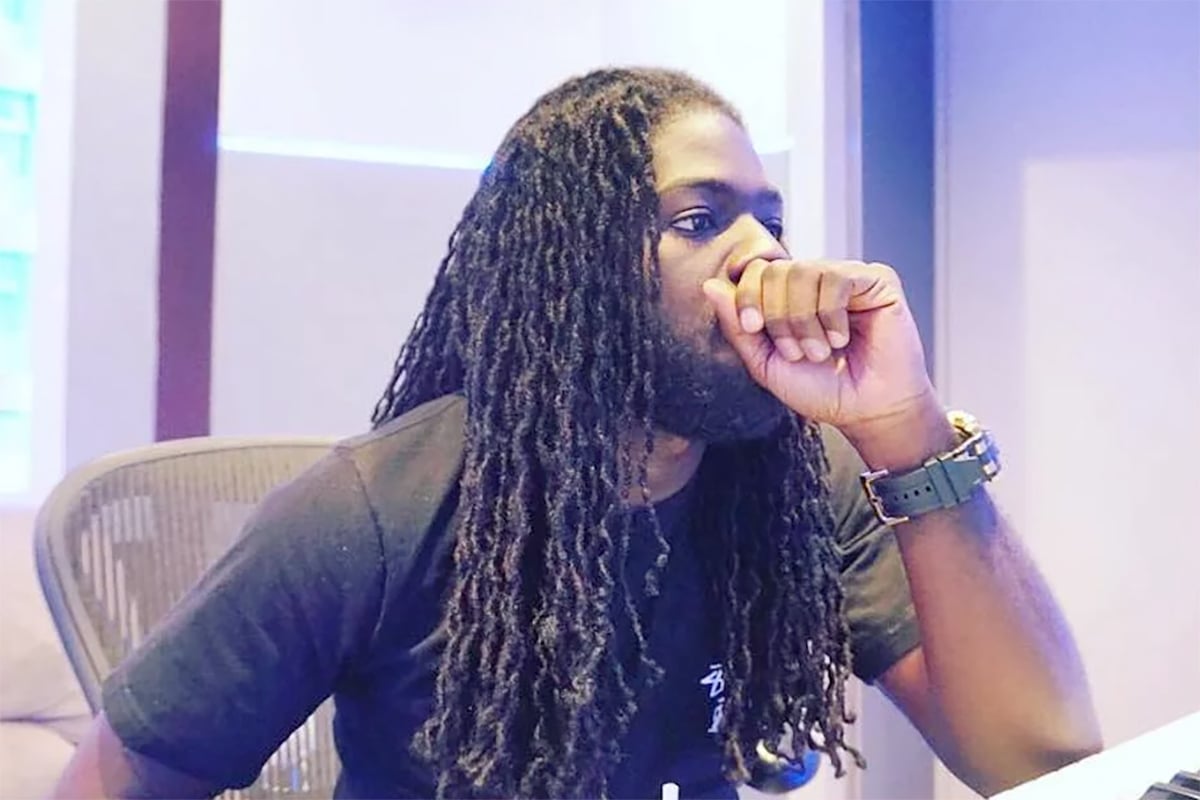Di Genius Is Tired Of Dancehall ‘Purists And Critics With No Credentials’

Jamaican producer Stephen ‘Di Genius’ McGregor says some veteran Reggae and Dancehall stakeholders are being irresponsible and unfair in critiquing the state of the industry, while not making any effort to improve the situation.
“Amazing to watch all the dancehall/reggae purists bawl and complain every day about the state of the music while NOT making any real effort to do anything about it 🙃😅 . Jus complaining & vibes 😄 . But what do I know 🤷🏽♂️, ” Di Genius, who is the younger son of Reggae pioneer Freddie McGregor, wrote in a series of Tweets on Friday.
“This is not me attacking any of the elders with strong opinions. I have the utmost respect 4 all the ppl before me. But it’s quite irresponsible and unfair to just have this 1 sided ‘this music is better than that music’ kinda convo. Let the Artists figure out their art 🖤, ” the 32-year-old producer added.
Stephen, who co-wrote and produced Mavado’s Weh Dem A Do at the tender age of 15, has produced over 40 Dancehall riddims since 2004’s Cartoon. He has production and writing credits on several Grammy Award-winning projects including John Legend’s Bigger Love (2020), Damian ‘Jr Gong’ Marley’s Stony Hill (2017), and Shakira’s El Dorado (2017). He also contributed to Sean Paul’s Imperial Blaze (2009), Burna Boy’s African Giant (2019), Chronixx’s Chronology (2017), Drake’s Views (2016), Lianne La Havas’s Blood (2015), Mali Music’s Mali Is… (2014), and Spice’s 10 (2021), which were all nominated for a Grammy Award.
His most recent productions are Dickmatized by Jada Kingdom, One Night Ting by Tai’Aysha and Saweetie, Run Run by Shenseea, and A Vibe by Protoje and Wiz Khalifa.
In another Tweet, Stephen came out swinging harder and noted that the conversation has become monotonous and pointless by those who don’t seem to be adding value to the genres.
“Tired of Critics with no credentials. 🤦🏾♂️,” he said.
“Either u make the music and make it work and prove to everyone your theory is right or just leave the convo alone. Otherwise, it’s just adding to an already confusing narrative that most talking about hardly understand fully tbh.”
Stephen also turned up the heat on veteran artists, some of whom he said were using the works they did decades ago to criticize today’s content.
“And all due respect, having any involvement or a hit 5000 yrs ago doesn’t justify you beating down what the kids are ACTIVELY making & putting out now. Anyone who TRULY understands the biz knows it’s a lot more than just an original beat that makes a song really work,” he added.
“All in all. Creatives, jus gwaan focus & figure out unuh ting. The same ppl who used to privately beat me down and say my music Cyaa pass airport, are the first ones to congratulate me now every time I do something great. & it’s 100% love 4 them same way. FOCUS,” he concluded.
Last week, Anthony B, Red Rat, and Leftside were among the artists, who deemed Billboard’s recent announcement—that it will launch its first-ever US chart for Afrobeats Songs—a “wake-up call” for Reggae and Dancehall, which had its Digital Song Sales chart quietly discontinued by the magazine two years ago.
In March, Veteran deejay Admiral Bailey had lamented that the majority of Dancehall’s new producers do not know the basic tenets of music, and that the artists themselves are affected in terms of their performances, as they are unable to sing on key during live performances.
A few days earlier, during a Parliamentary sitting, Social Security Minister Karl Samuda called on Entertainment Minister Olivia Babsy Grange, to encourage new Dancehall artists to step up their lyrical game, as uninspiring and mediocre content, was causing them to miss out on millions of dollars.
Meanwhile, music producer and Group CEO of Stocks and Securities Ltd (SSL) Zachary Harding, had urged Dancehall artists to broaden their catalog, and not only focus on penning gun lyrics and assuming “shotta” personas. According to Harding, who was speaking with Anthony Miller on TVJ’s Entertainment Report in early March, gun lyrics hold an indelible place in Dancehall music, but having a one-dimensional catalog hinders artists from being able to tour the entire world and perform for a wide array of audiences.
In late February, during a US Embassy panel discussion, producers Alric and Boyd and journalist Patricia Meschino expressed concern about Shenseea’s crossover approach and the perception that she was dispensing with her Dancehall roots.
